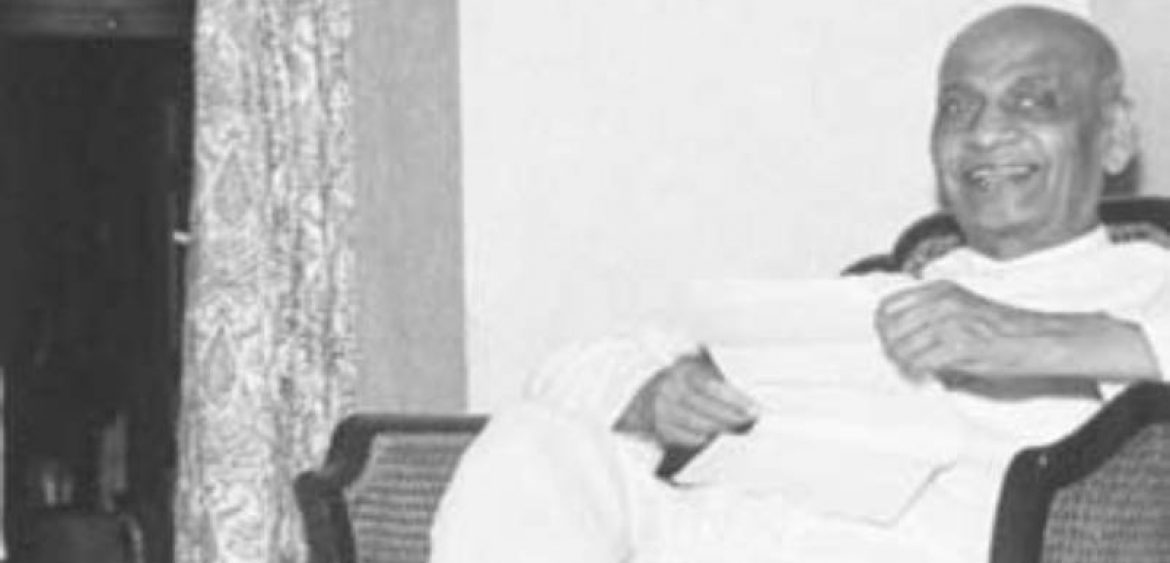
Oct
25
Rashtriya Ekta Diwas
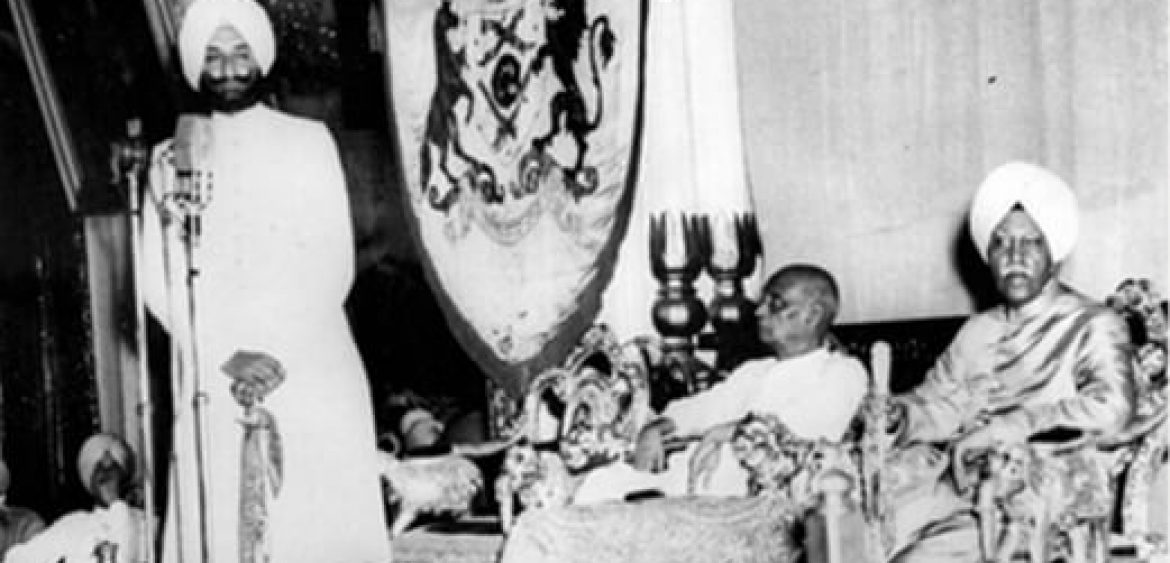
Oct
25
Statue of Unity
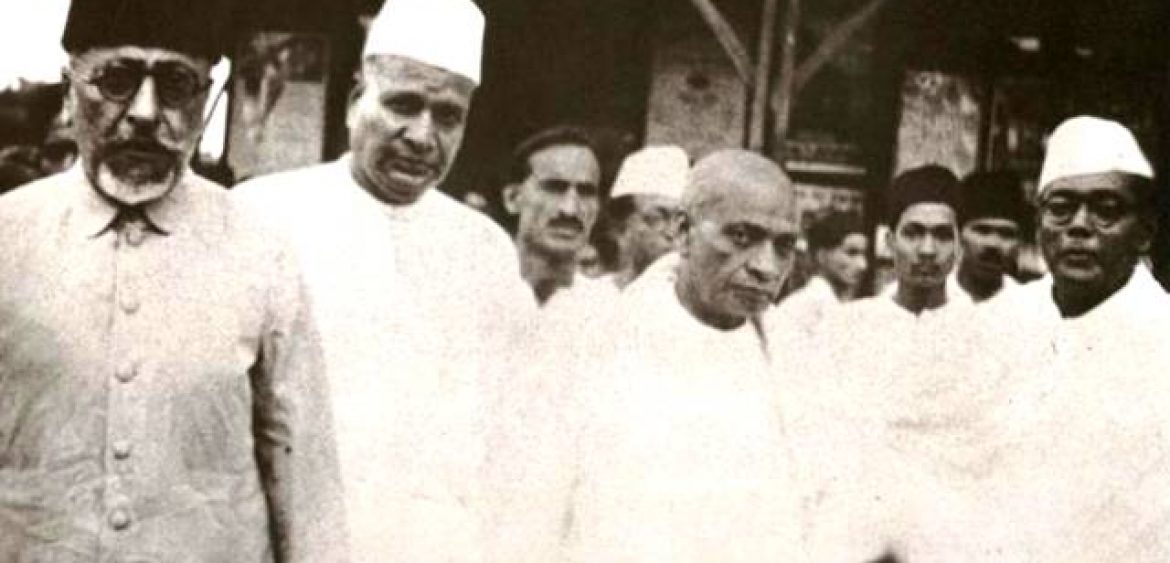
Oct
25
Other institutions and monuments

Oct
25
Rashtriya Ekta Diwas

Oct
25
Statue of Unity
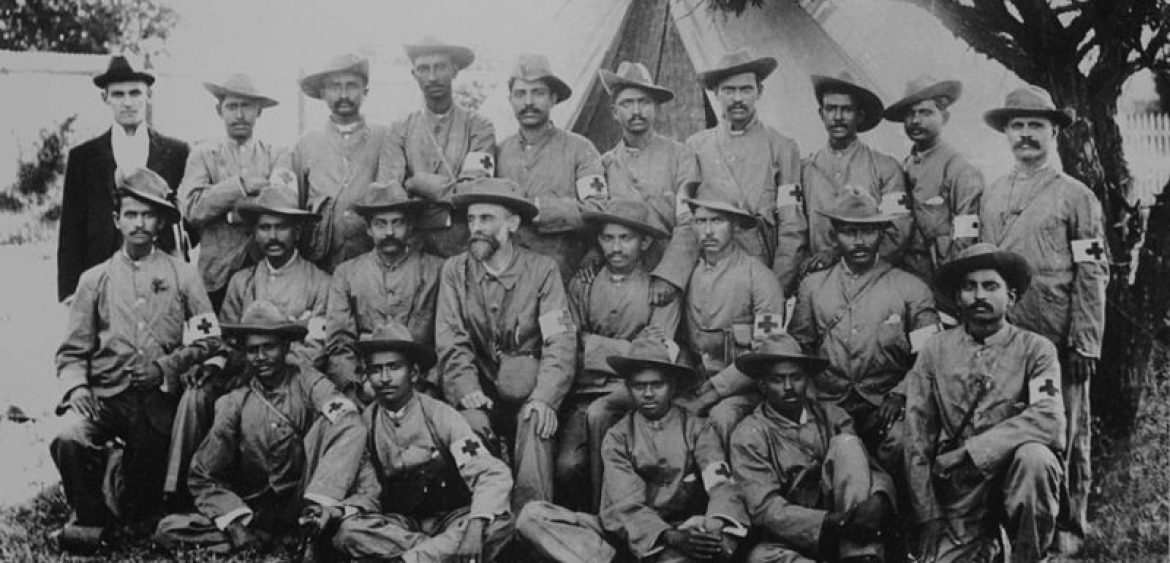
Oct
25
Early life and background
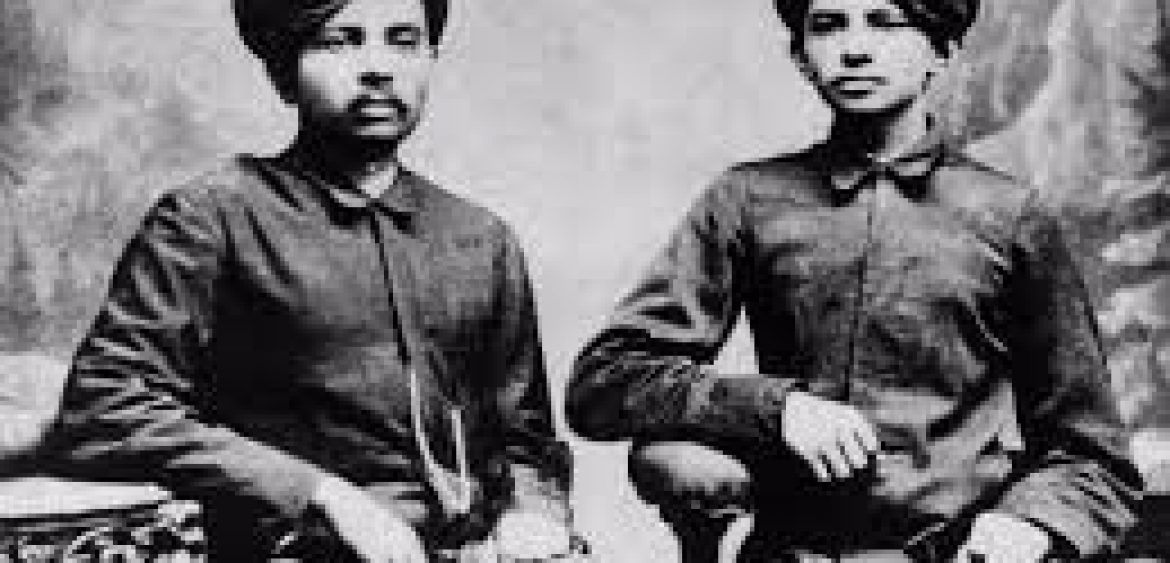
Oct
25
Three years in London
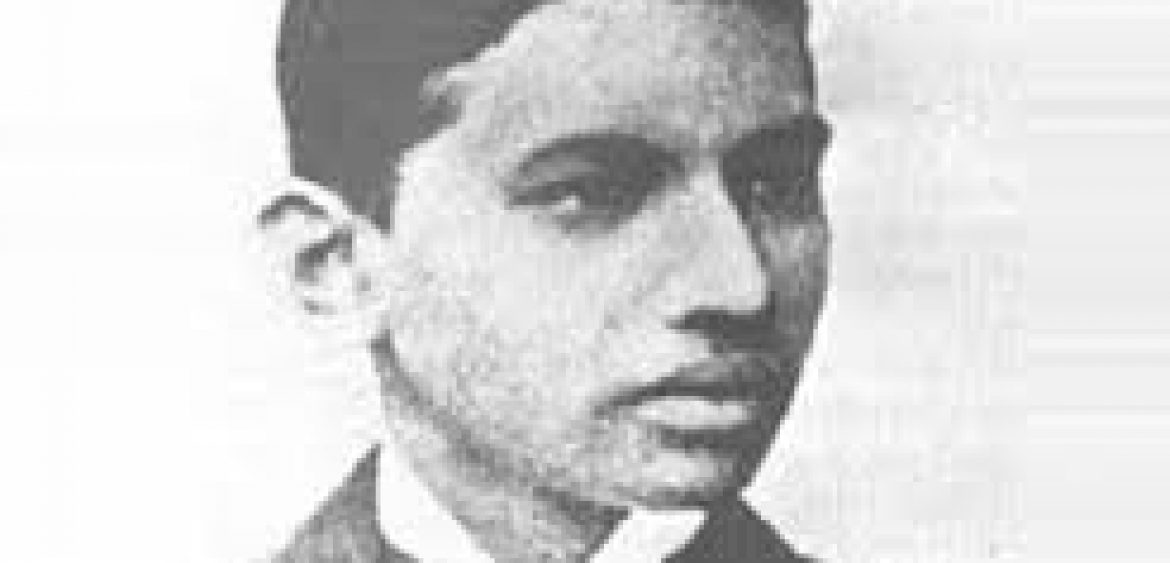
Oct
25
Civil rights activist in South Africa
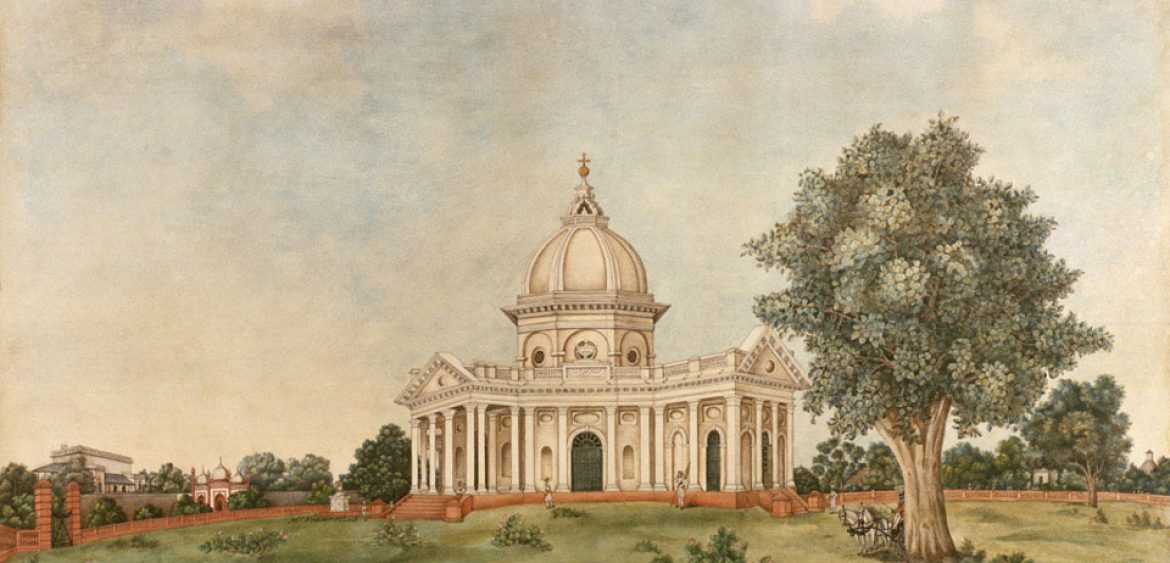
Oct
25
Struggle for Indian independence

Oct
25